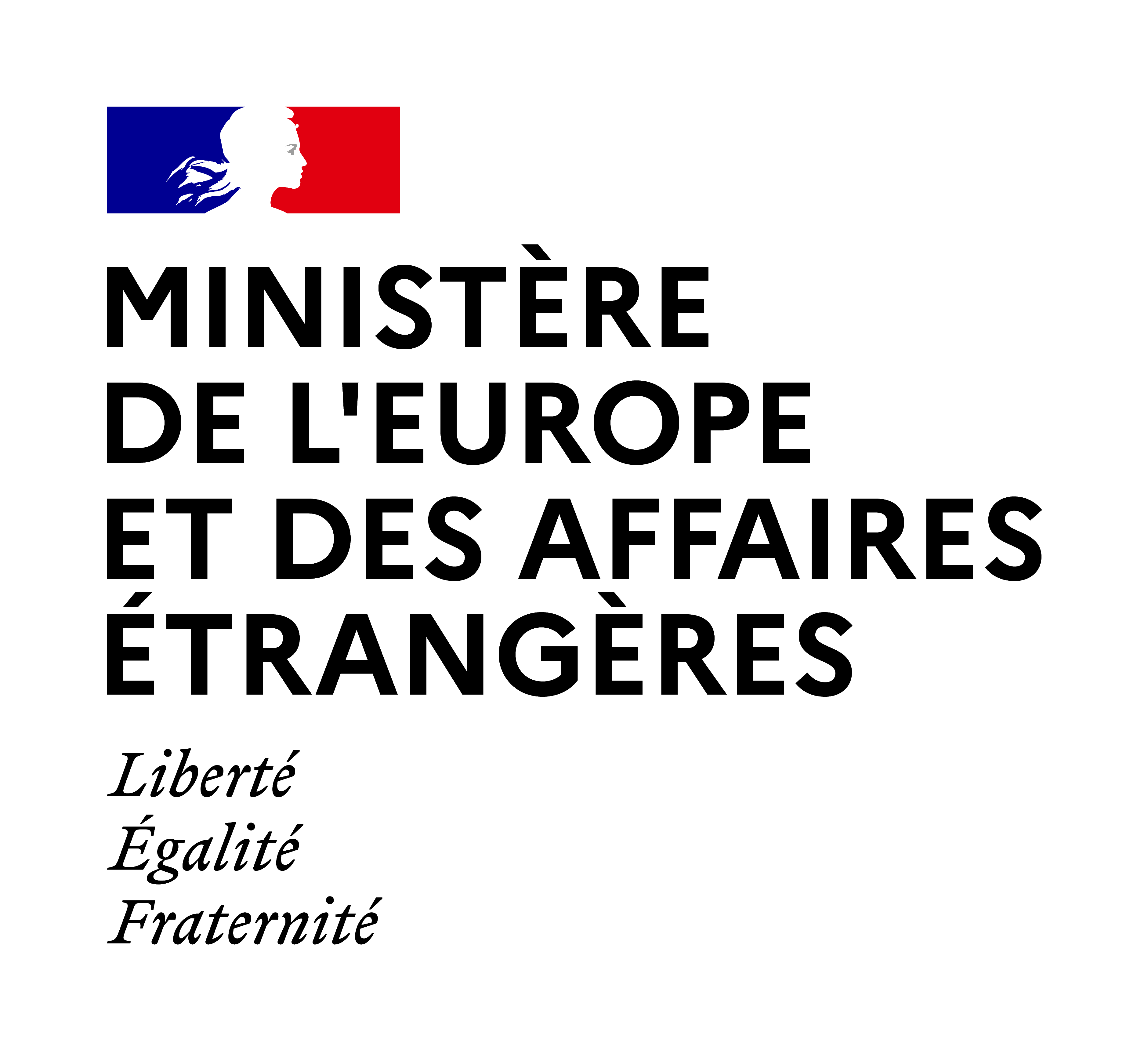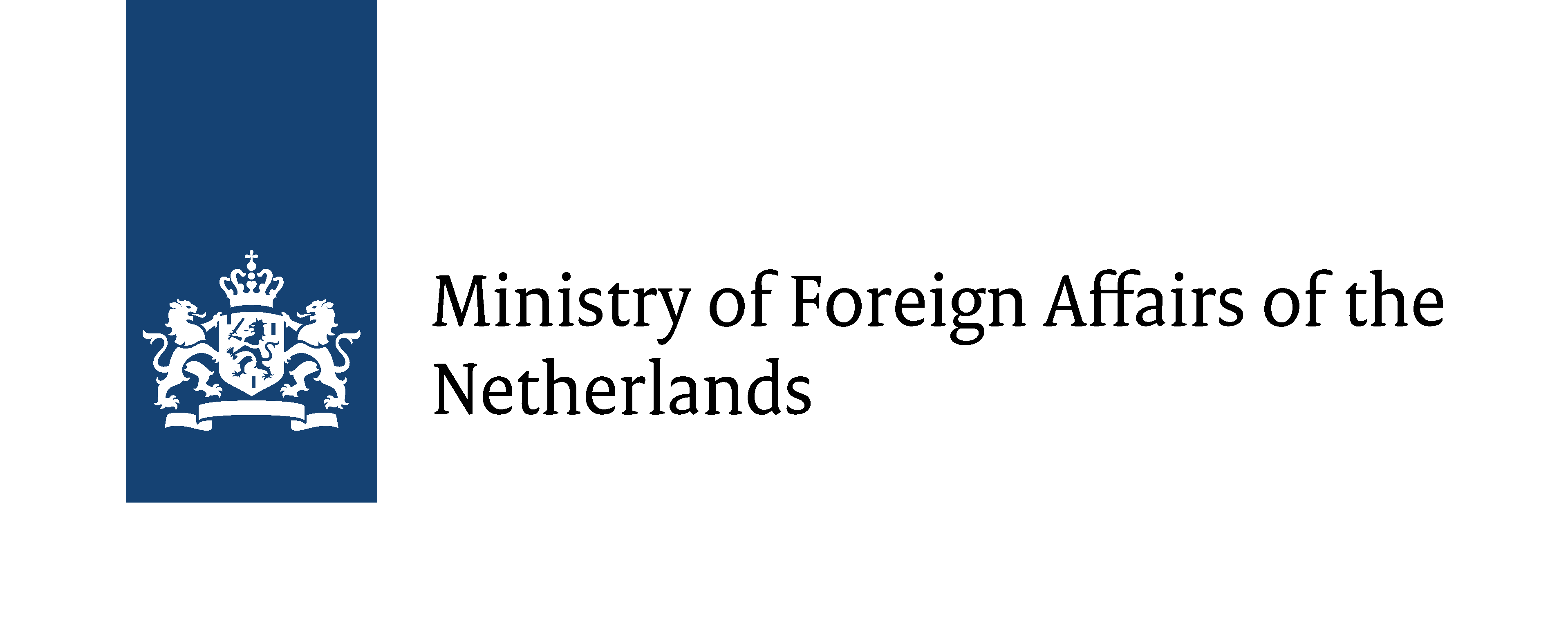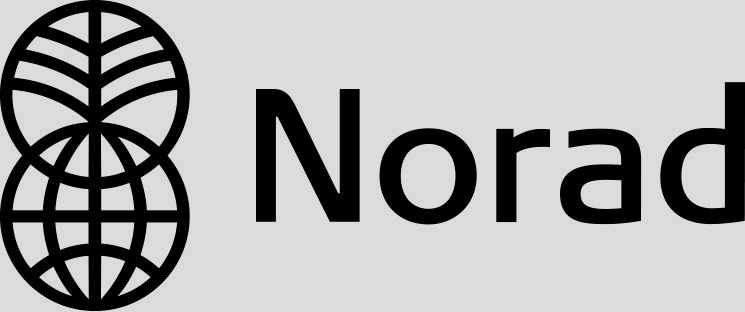Partner Organizations




Development Partners






To support national dialogue on inclusive growth through analysis and strategic outreach, and to strengthen the Government of Mozambique's fiscal management capacity.
The proposed Public Financial Review (PFR) aims to inform Morocco’s fiscal policy by analyzing and providing recommendations for the reform of the different dimensions of expanding fiscal space for NDM implementation. The PFR will also analyze the efficiency, effectiveness, and equity of public expenditure, and provide suggestions to improve quality of fiscal policy to achieve Morocco’s national priorities, while safeguarding fiscal sustainability and macroeconomic stability.
Support the government in improving the quality of revenue and expenditure policy and management at central level by enhancing their performance orientation including through digital technology
The overall objective of the Growth and Inclusion work program is to support Malaysia’s transition into high-income and developed nation status while the country works to ensure that economic growth is both sustainable and shared. Efforts to achieve this objective will consist of capacity-building activities, policy reform assistance and knowledge-sharing activities; and will be shaped by innovative work in the areas of macroeconomics and growth, fiscal management, trade and investment, and inclusion.
Assist national and county government institutions overcome performance barriers for improved service delivery by supporting enhancement of resource mobilization and access to data and information for effective and informed policy making.
The purpose of this project is to provide support to the Libya Tax Authority to begin the digital transformation journey. The aim is to assist the Authority develop practical reform proposal to advance the digital transformation of the revenue system in a manner that strengthens taxpayer relations and compliance, while promoting transparency. Such a system can over time help provide a foundation for improving the social contract between citizens and state, diversify revenue streams, and reduce administrative discretion in the application of the tax code.
The Grant’s development objectives are: (i) to generate knowledge and build capacity on modalities and development impacts of property valuation and taxation in ASEAN countries; and (ii) to pilot scalable approaches for digital mass valuation for property taxation.
The objectives will be achieved by: (i) in-depth analytical case studies (five ASEAN countries), ICT-system piloting (Indonesia) and conference presentations (remaining ASEAN countries) on property valuation systems and property taxes, (ii) preparation of a regional property valuation systems publication; (iii) and expert group meetings, regional conference and dissemination in regional events and fora. The work will be complemented by an Indonesia-specific technical assistance to the Government of Indonesia, which will be co-financed by the Private Infrastructure Advisory Facility (PPIAF, please see Annex 2).
The development objective is to provide technical assistance and advisory services to the Government of Lao PDR to improve public expenditure and revenue management, public procurement and human resources management.
To improve jobs outcomes across client countries through better designed interventions across sectoral entry points.
The overall project development objective is to improve the ability of low-and middle-income countries to use fiscal policies and practices to contribute toward the achievement of gender equality goals.
This work is funded by the GTP, and it will contribute to the objectives of Windows 1 and 2 of the GTP. It will (i) enhance global knowledge in designing and implementing tax and customs policy and administration reforms that incorporate gender equality objectives; and (ii) support countries in their efforts to meet their gender equality goals by strengthening their revenue policies and institutions, and improving the efficiency and equality of their tax systems so that these systems are robust generators of public funds, growth-oriented, and fair.









